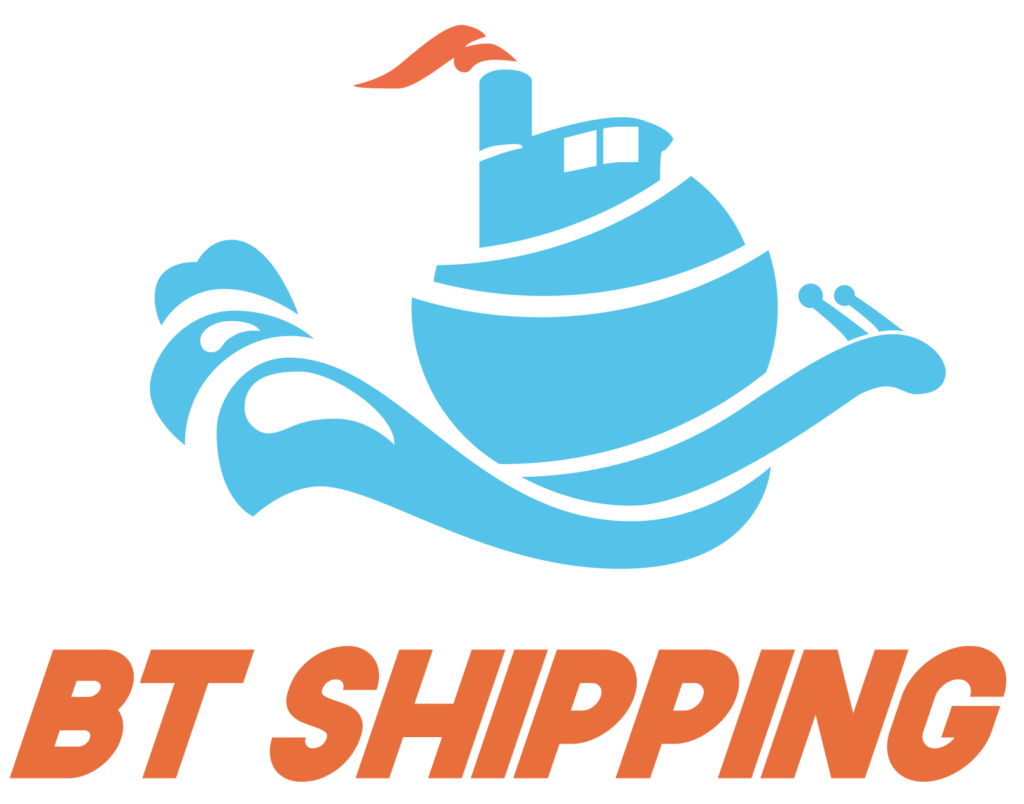Rail Freight
- Home
- Rail Freight
BTS: Fast and Reliable
Rail Freight Forwarding
BTS offers superior railway freight services, 50% cheaper than air freight and 45% faster than sea freight. With a professional team ensuring smooth customs and flexible cargo transport, including hazardous materials, LCL, and FCL door-to-door services, BTS excels in the industry. Using key routes like the China-Laos Railway, Singapore-Kunming Railway, Pan-Asia Railway, and China-Europe Railway Express, BTS promotes international trade and provides a fast, safe, and cost-effective transportation solution.
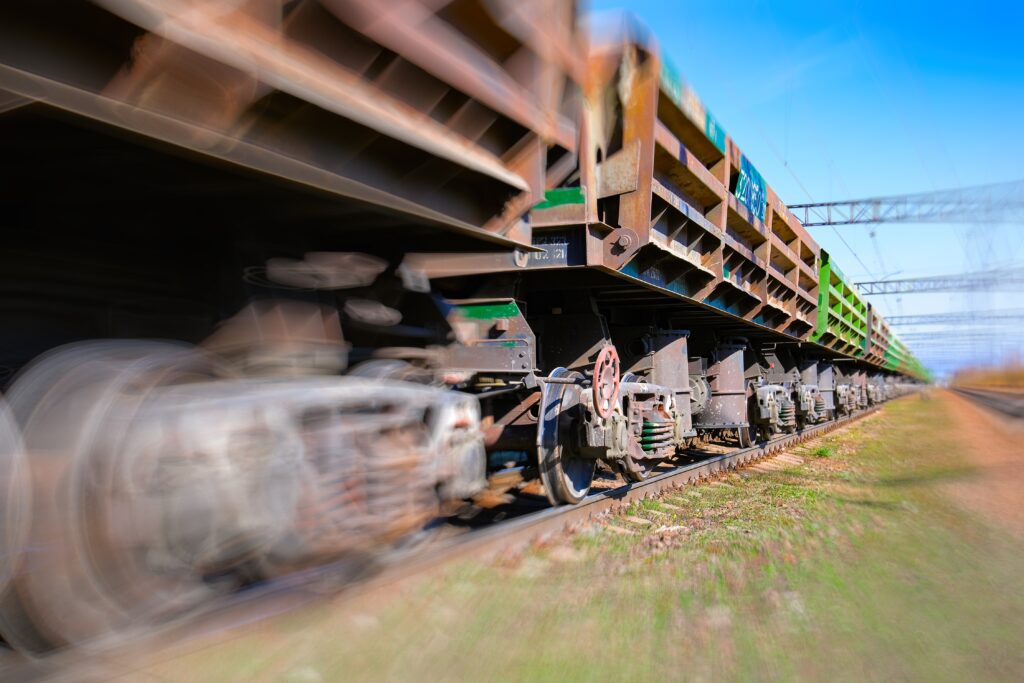
Contact BT Shipping for Best Rate
Advanced Rail Freight Services for Global Trade
LCL Rail Freight Services from China
BTS’s railway LCL (Less-than-Container Load) service is ideal for shipments between 0.5 and 20 cubic meters. By consolidating cargo, clients can save costs without needing to fill an entire container. With regular departures from major Chinese cities and routes through Thailand and Vietnam, we ensure fast transit times. BTS offers full door-to-door logistics, including pick-up, warehousing, transshipment, and final delivery. Our real-time tracking technology guarantees a streamlined, safe, and efficient process, providing an affordable international logistics solution.
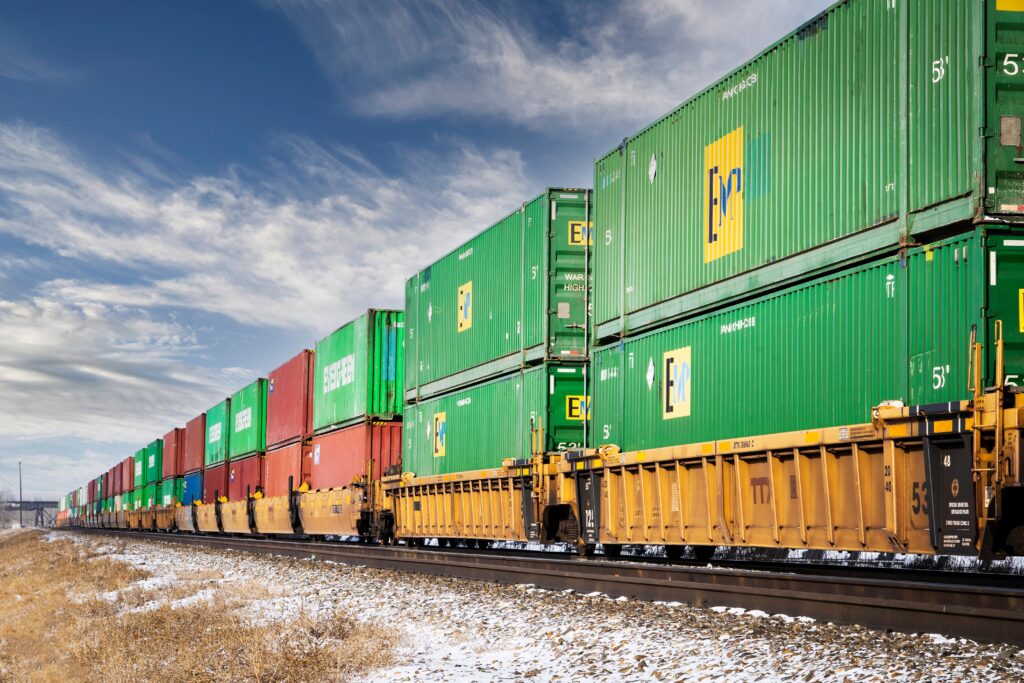
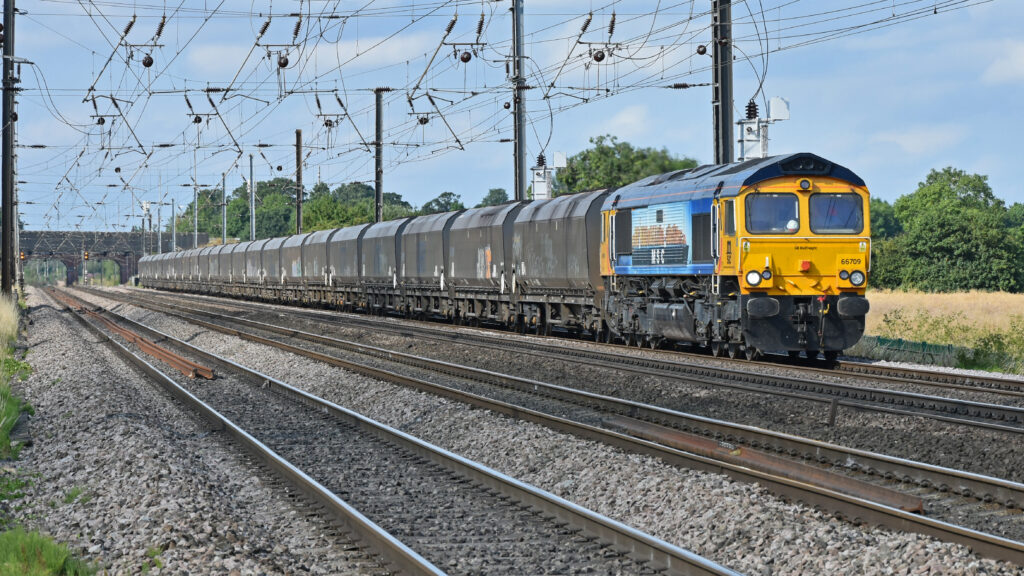
FCL Rail Freight Services from China
Ideal for long-distance and large-volume shipments like bulk commodities and industrial raw materials, FCL rail transport leverages the railway system for safe, economical, and reliable transit. Container loading minimizes handling and damage. BTS offers comprehensive logistics solutions, including demand confirmation, planning, customs inspection, loading, and delivery, ensuring cargo integrity and safety throughout the entire process.
Multimodal Transport Solutions
BTS’s multimodal transport service combines sea and rail advantages for seamless cargo transitions from port to inland destinations. By using sea for long distances and rail for efficient land transport, we provide an economical and eco-friendly logistics solution. Ideal for long-distance, cross-border shipments, this service ensures fast, low-cost delivery through flexible transport modes. With professional customs support, BTS’s multimodal transport makes international logistics transparent and reliable, optimizing supply chain management.
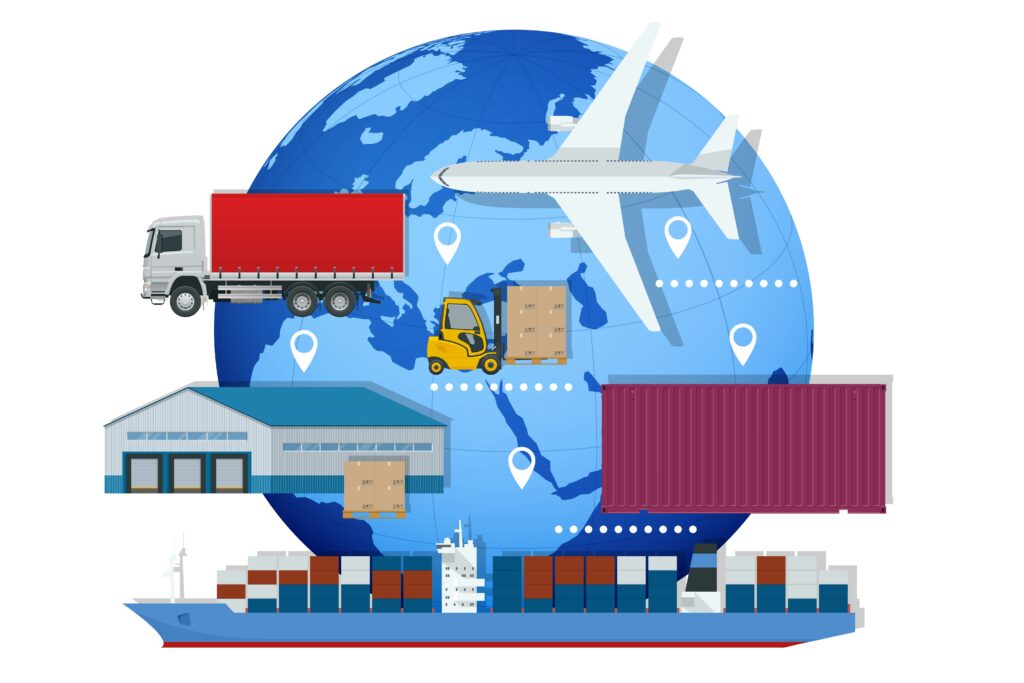
1. Why Choose Railway Freight Instead of Other Transportation Methods?
Railway freight is cost-effective, especially for large shipments and long distances. It’s more eco-friendly with a smaller carbon footprint compared to trucks and planes. Plus, it’s reliable and not easily affected by weather or traffic. Trains can carry a lot of goods at once, and it’s safer with less risk of damage and theft.
2. Is Railway Freight Always Containerized?
Not always. Although container shipping is a common and convenient form of railway freight, many other types of cargo are transported in bulk, liquid tankers, or refrigerated cars, depending on the nature and requirements of the goods.
3. Can I Ship a Single Container by Railway?
Yes, most railway freight services allow individual customers or small businesses to ship a single container. This flexibility caters to the needs of customers of varying scales while ensuring efficient and economical transportation.
4. Is There Insurance for Railway Freight?
Yes, most railway freight providers offer cargo insurance. This helps protect your goods in case they get lost or damaged. The exact details and coverage will depend on the agreement you have with the provider.
5. My Final Destination Has No Direct Railway Access. Can I Still Use Railway Freight?
Yes, even if the final destination lacks direct railway access, you can still utilize railway freight. Intermodal transport systems can combine railways with other transportation methods, such as trucks, to deliver your goods from the starting point to the final destination, completing the “last mile” of delivery.
6. What Documents Are Involved in Railway Freight?
Railway freight typically requires a set of documents, including waybills, bills of lading, invoices, packing lists, and cargo manifests. These documents ensure the legality, transparency, and traceability of the shipment. The specific documents necessary may vary depending on the type of goods and the destination.
